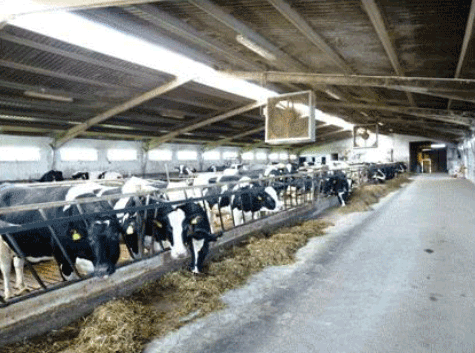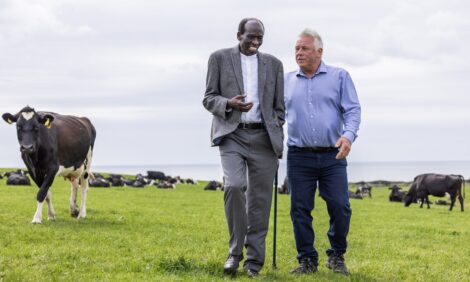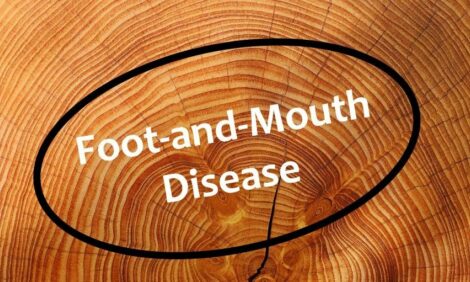



Demand Rising For US Genetics In Eastern Europe
Poland’s demand for US dairy genetics continues to expand, with seven months 2011 trade data showing a 10 per cent increase over same period 2010. For 2010, Poland’s imports total 1.183 million, an increase of $300,000 or 46 per cent over 2009.General Information:
In 2010, Poland imported US bovine genetics valued at US$ 1.183 million, an increase of US$ 300,000 or 46 per cent, in comparison to 2009. In the first seven months of 2011, Polish imports of US bovine semen increased US$120,000, an additional 10 per cent in year over year comparison, raising Polish share of US bovine genetics imports to seven percent of total EU-27 imports.
Demand for US genetics is mainly attributed to development of the Polish dairy sector after the 2004 accession into the European Union and the Polish and US Holstein Association agreement signed in April 2009 which helped eliminate several trade barriers (see FAS Warsaw GAIN Report “Bovine Genetics Market” dated June 16, 2009).
FAS Warsaw actively advocated for the 2009 mutual recognition of herd books agreement between the US Holstein Association and the Polish Federation of Dairy Cattle Breeders and Producers (PFDCBP), by organising a visit of Polish representatives to the US Holstein Association in Vermont and by coordinating the 2009 joint conference on dairy cattle breeding in Krakow attended by the US Holstein Association.
FAS Warsaw continues to advocate for the interests of the US artificial insemination (AI) industry in Poland through providing support to firms promoting US genetics like World Wide Sires (WWS) Polska, Cooperative Resources International (CRI), and American Breeders Service (ABS) acquired by Genus Breeding Ltd. but importing US bovine genetics to Poland via Great Britain.
In addition to generating direct sales through traditional promotional activities in Poland, FAS Warsaw’s support of training programmes and outreach to other Baltic countries have resulted in measurable commercial returns for AI affiliated industries in the US. For example, in February 2009 FAS Warsaw supported six Polish scientists and breeder association representatives to a seminar on Cattle Genomic Selection in Washington DC. The USDA and the US AI industry had organized the seminar for major importers of U.S. genetics to promote genomic selection of breeding bulls based on a new selection technology. The event both generated commercial activity for bovine semen and spurred interest in the technology on display as well. In 2011, the National Research Institute of Animal Production in Balice, near Krakow, procured from the United States the “* Genome Analyzer” which was the laboratory equipment used for testing the genomic set up of animals presented during the seminar. Value of the equipment purchases is Polish Zloty PLN 2.9 million (US$ One million).
Baltic States outreach included seminars on Genomic Selection conducted during the AGROBALT trade show in Vilnius (2010), at the Agricultural University of Lithuania and at the Lithuanian Association of Dairy Cattle Breeders in Kaunas (2010) by the FAS Warsaw livestock specialist. These activities enhanced interest in U.S. genetics in Lithuania, Latvia, and Estonia which jointly host the biannual AgroBalt agricultural fair. In the first seven months of 2011 U.S. exports of bovine genetics to these three countries increased by US$ 93,000 (66 percent) in comparison to the same period of 2010.
Picture of Polish Dairy Herd based on imports of U.S. Holstein Genetics

December 2011


